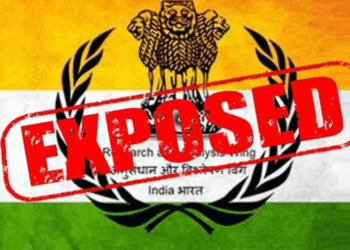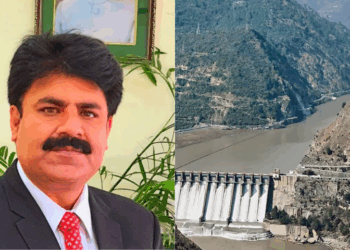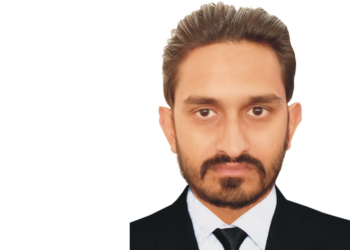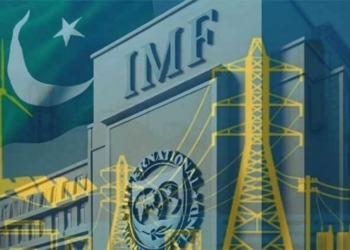By Rana Taha Niaz
We live in a world that celebrates achievement and progress—yet behind every celebration echoes a whisper of doubt: Why am I here? What is the purpose of life? These aren’t questions confined to philosophers in ivory towers. They haunt the minds of students, thinkers, wanderers, and ordinary people every day.
In this article, I share my personal reflection on existence—a blend of philosophical questioning, spiritual longing, and raw emotional honesty.
The Beginning of the Question Am I the chaos, or is there chaos within me?
Throughout timeline of human history, mankind has constantly annexed with the question of existence. But a deeper question mostly goes unsung: Where did this question even come from? What made humans look up at the stars and wonder, Why?
Empiricists suggest that our awareness was born through observation—our senses allowing us to experience the world and, in turn, ourselves. But another school of thought believes something more tragic: that consciousness is a misstep. We became too aware. Aware enough to not just live, but to question living itself. Religion, Philosophy, and Science—Three Lenses, One Mystery
Religion offers divine purpose. Philosophy provides frameworks of thought. Science explains the how, but not always the why.
Each discipline gives its version of the truth, but none can fully satisfy the aching human need to know why we exist. For the average person—walking to school, working a job, raising a family—the question lingers, quietly unanswered.
Between Nihilism and Desire This view of life can feel deeply nihilistic, like the weary realization of an old man who has lived it all and concludes, “There’s not much more for humans to do.”
But humanity has one trait that defies this hopelessness—desire.
Desire moved us from infants in cradles to builders of concrete empires. Desire fuels love, ambition, creativity, even rebellion.
Still, some believe this desire is merely a distraction from the absurdity of life—a way to avoid staring directly into the void.
Life as a Slow Suicide—And the Hope Beyond: Sometimes, life feels like a slow suicide.
Emotions come and go. Sorrows burn through the soul. But like rain on dry land, time waters the soul, and it begins to bloom again.
Yet the heaviness returns.
Life feels like a burden—sometimes without reason. And when reasons do exist, they are often human-made constructs. As Oscar Wilde wrote:
“In this world there are only two tragedies. One is not getting what one wants, and the other is getting it.”
So the question returns: What can one do in a paradoxical world like this?
The Epistemology of Life—And the Courage to Create Meaning: What is the epistemology of life—how do we even know what life is?
In my belief, everything has been figured out except how to live. That is the greatest unsolved mystery. No sacred book, no philosopher, no algorithm can hand us the manual. Each of us must learn to live on our own terms.
As Nietzsche said:
“I know of no greater purpose in life than to perish in pursuit of the unattainable.”
So perhaps the goal is not to find a meaning written in stone—but to create our own meaning from the chaos.
To live fully. To learn from everything—philosophy, religion, literature, even pain.
Living as a Gift, Dying as Fulfillment: As a student, I believe in learning from every experience and every discipline. I believe that life, given by God, is not a curse—it is a blessing. And like any blessing, it must be consumed with gratitude.
For me, there is no higher purpose than this:
To reach the epitome of my humanity so that when I stand before God, I stand empty.
Because I will have used every ounce of ability, every spark of talent, every breath of strength that He gave me.
In the Midst of Chaos, We Create Meaning: Maybe we are the chaos. Maybe it lives within us.
But perhaps the truth lies not in escaping it—but in learning to live with it, to grow through it, and to transform it into something meaningful.
After all, the soul that is burned by sorrow is also the one that flourishes again—watered by time, nourished by purpose, and lifted by the undying human will to understand.








